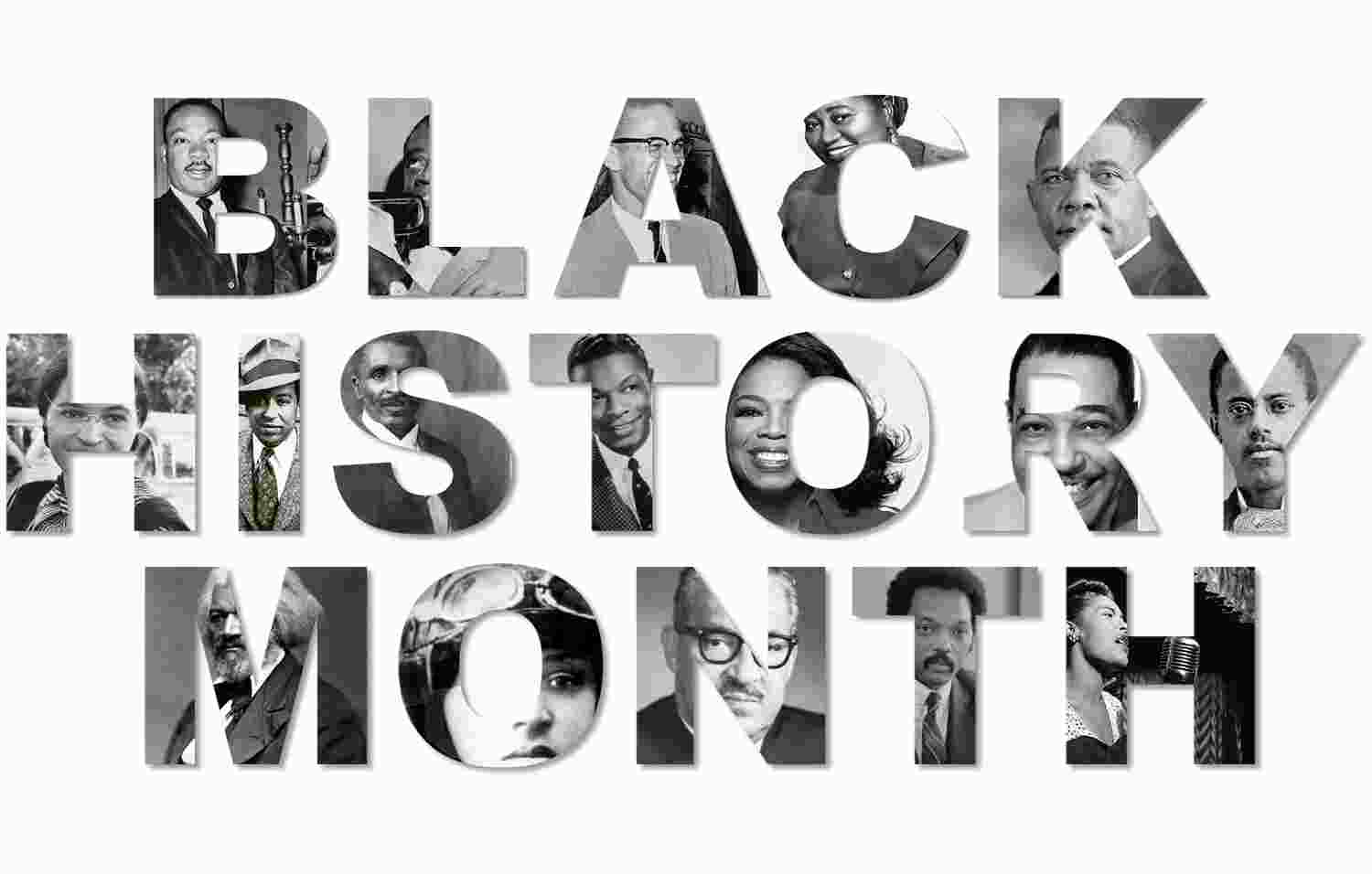February is Black History Month
Originally founded in 1976 by then US President, Gerald Ford, it was an outgrowth of Black History Week.
Dating back to 1926, Black History Week was founded by historian Carter G. Woodson to encourage the exploration of black history. President Ford expanded the event to make it a celebration of the creativity, accomplishments, and the vast overall contribution of black people to American society as a whole.
The Potent Politics + Sociology of Black History Month
Viewing this celebratory month for a political perspective there are those, on both the left and the right, that laud and lambast this institution.
And even from a social perspective, views are mixed. Academy Award-winning actor Morgan Freeman famously derided Black History Month in 60 Minutes interview with Mike Douglas.
Without coming right out and saying so, Freeman’s subtext suggested that relegating “black history” to a month was in effect “segregationist history.” And there’s certainly some logic to his perspective.
On the flipside of that argument, Black History Month honors a pillar of our nation that’s integral to its foundation, construction, growth, and overarching success. And this recognition is beyond warranted due to the long-running and brutally unjust mistreatment of black people in our society.
Beginning with slavery, a true American Holocaust, and continuing through generations of prejudice, institutionalized racism, and far-reaching discrimination, the evidence of titanic abuse is crystal clear.
But 43 years after its foundation, little has changed in Black History Month’s narrative.
When we celebrate Black History, who do we honor?
Harriot Tubman — For her role in facilitating the Underground Railroad.
Fredrick Douglas — An staunch anti-slavery activist and of the most brilliant minds of his generation, who also happened to be an escaped slave.
Abraham Lincoln — For his role in instigating the end of slavery in the United States.
George Washington Carver — For his countless ingenious inventions, ranging from peanut butter to traffic lights, and lots, lots more.
Stepping up to a bit more modern times, we have…
Rosa Parks — The regular citizen who’d simply taken enough abuse and refused to accept any further indignity.
Martin Luther King — A civil rights activist, the national hero, and, sadly, a martyr who changed the course of black history in America.
Malcolm X — The revolutionary thinker and activist who embodied the phrase “Black Power,” and all it implies.
The Black Panthers — A grassroots organization that, like Malcolm X, personified Black Power, while at the same time redefined the bounds of what community organizers could accomplish.
Of course, there are many others. But these figures rank among the most notable.
The disappointing question is: Who has come to the fore in the ensuing four-plus decade gap since Black History Month’s foundation?
Certainly, Barack Obama comes to mind. But as a 2-term President of the United States, Obama seems to transcend Black History and take a seat at the table of World History (the history of the civilized world anyway).
So, setting aside Obama, who else?
Again, of course, there are others. Many others. But none that have ascended high enough into the broader public consciousness to claim a thread in the narrative. And thus, the story remains very much the same, despite decades of seismic societal shifts.
There are many reasons for this, which erudite, learned scholars far, far smarter than I could debate at length. The unfortunate result, however, is Black History Month’s narrative has grown stagnant and stale. And stagnant and stale are the harbingers of irrelevancy.
The Marketing Lesson Here For Your Business?
How long has your business been around?
And how long have you been telling the same story?
Certainly core tenets of your “story” will (and should) remain the same in perpetuity. But aspects of your business, and the story you tell, should always be evolving.
Otherwise, you’re headed for stale and stagnate irrelevancy.
Think about Blockbuster Video… They had strong, well-established relationships with entertainment product distributors. And they had a UUUUUGE, long-running, and pervasive customer base. Blockbuster could have partnered with a tech firm and created their own Netflix.
But instead, the clung to their outdated model and went out of business. In other words, the refused to change their story and became irrelevant.
Or consider the record industry… Every major record label going could have created their own iTunes and Spotify for their individual catalogs. And in turn, they could have granted access to their individual catalogs via a shared platform, of which each label owned a piece of.
But instead, the chose to sue college kids for “illegally downloading” music, insisting the old way of selling music was the only. And the result? Record companies, outside of a select few MEGA artists, are basically irrelevant.
One of my clients is also struggling with an outdated narrative… Once upon a time, they were “the only property management and leasing firm exclusively dedicated to retail shopping centers” in their marketplace. Now, a plethora of competition has popped up. Competitors that are actively gunning for my client’s customers. Savvy competitors who are telling a new story focused on cutting-edge innovation.
And if my client doesn’t change their tune quick, they’re going to find themselves left out of the orchestra entirely.
Black History Month, as it stands now, similarly to a variety of current and formerly monolithic industries, and even small businesses, are suffering the same fate. A slow, plodding march toward irrelevancy.
And if your business remains locked in the same old predictable story, you’re headed toward the same inevitable fate.
So tell me, how and why is the story your business is telling relevant?
Swing by my LinkedIn page and share your enlightening perspective…

